Study Shows Smartphone App Can Identify Autism Symptoms in Toddlers
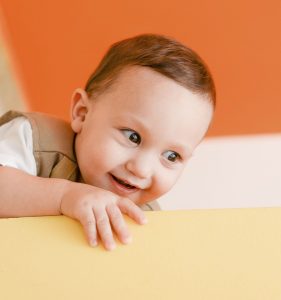 A digital app successfully detected one of the telltale characteristics of autism in young children, suggesting the technology could one day become an inexpensive and scalable early screening tool, researchers at Duke University report. Read more ›
A digital app successfully detected one of the telltale characteristics of autism in young children, suggesting the technology could one day become an inexpensive and scalable early screening tool, researchers at Duke University report. Read more ›


 As the mom of a daughter with dyslexia, Dewey Rosetti knows first-hand that having a child with a learning difference can take as big a toll on their confidence as their report card.
As the mom of a daughter with dyslexia, Dewey Rosetti knows first-hand that having a child with a learning difference can take as big a toll on their confidence as their report card. 
 “Twice exceptional” (2e) is the term used to describe intellectually gifted children with great potential for academic achievement who also have a learning disability or neurological challenge, like attention deficit hyperactivity disorder (ADHD or ADD).
“Twice exceptional” (2e) is the term used to describe intellectually gifted children with great potential for academic achievement who also have a learning disability or neurological challenge, like attention deficit hyperactivity disorder (ADHD or ADD). 
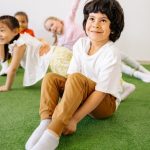 A sensory path is a series of guided movements for kids to follow, shown by markings on the ground or walls. As students follow the path and complete the movements, they work off excess energy and develop their gross motor skills. The various movements on a path are often designed to engage different parts of the body and brain, from frog hops to spins and wall pushes.
A sensory path is a series of guided movements for kids to follow, shown by markings on the ground or walls. As students follow the path and complete the movements, they work off excess energy and develop their gross motor skills. The various movements on a path are often designed to engage different parts of the body and brain, from frog hops to spins and wall pushes.
 We are rarely taught explicit social rules because we are just expected to figure them out. It’s quite complicated and many children on the autism spectrum struggle to navigate their social worlds. In this presentation, learn how to help your child participate in groups at school and adhere to the social expectations in different environments.
We are rarely taught explicit social rules because we are just expected to figure them out. It’s quite complicated and many children on the autism spectrum struggle to navigate their social worlds. In this presentation, learn how to help your child participate in groups at school and adhere to the social expectations in different environments. 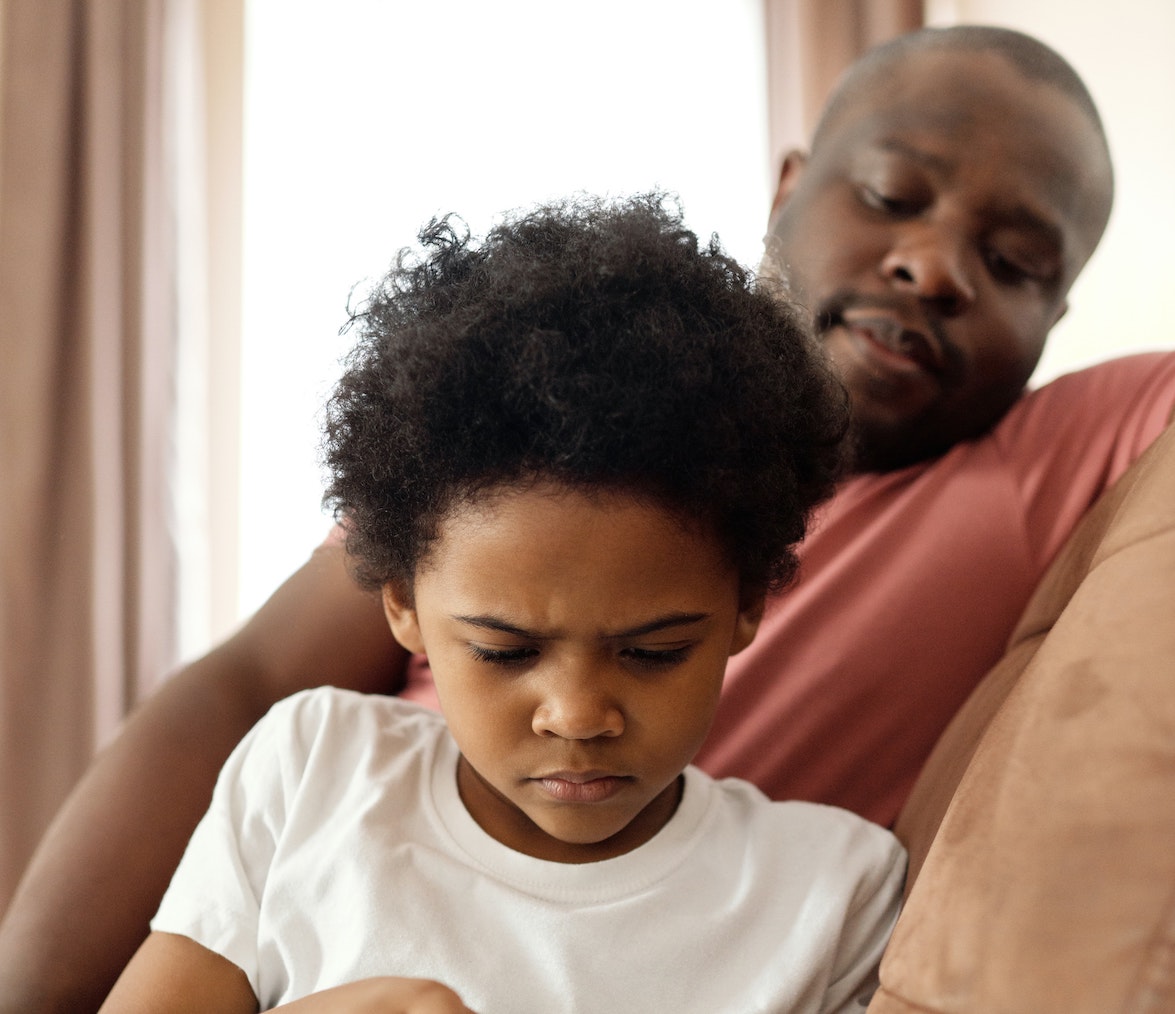
 New research shows that it often takes three years and visits to multiple providers before Black children are diagnosed with autism, denying them a critical opportunity for therapy when it’s likely to be most effective.
New research shows that it often takes three years and visits to multiple providers before Black children are diagnosed with autism, denying them a critical opportunity for therapy when it’s likely to be most effective. 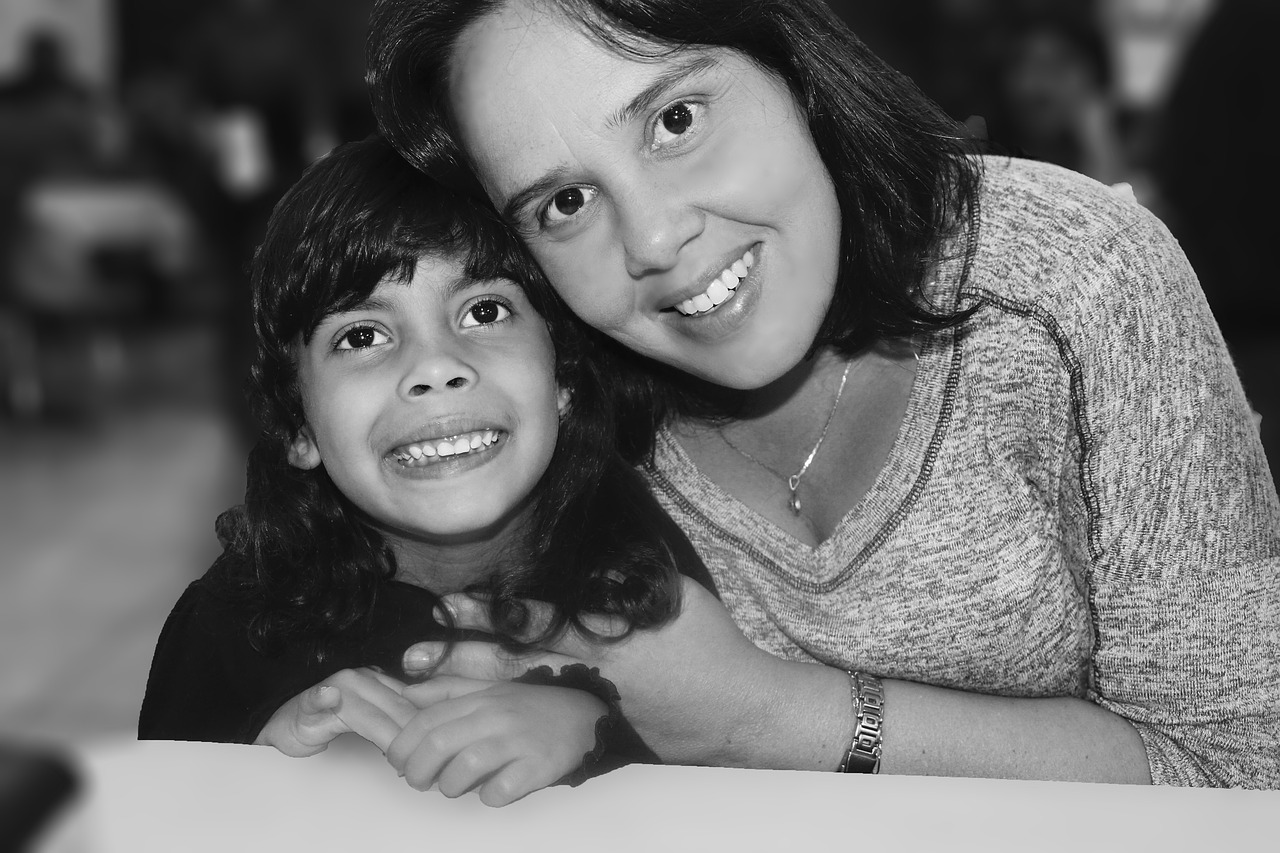
 Roughly 3 to 5% of children with an aunt or uncle with autism spectrum disorder (ASD) can also be expected to have ASD, compared to about 1.5% of children in the general population, according to a study funded by the National Institutes of Health.
Roughly 3 to 5% of children with an aunt or uncle with autism spectrum disorder (ASD) can also be expected to have ASD, compared to about 1.5% of children in the general population, according to a study funded by the National Institutes of Health. 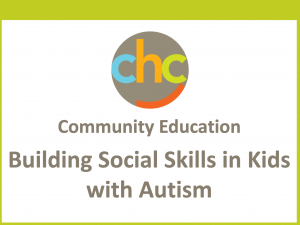 We are rarely taught explicit social rules because we are just expected to figure them out. It’s quite complicated and many children on the Autism Spectrum struggle to navigate their social worlds. Learn the strategies and explicit skills that will help your child handle social expectations in their different environments.
We are rarely taught explicit social rules because we are just expected to figure them out. It’s quite complicated and many children on the Autism Spectrum struggle to navigate their social worlds. Learn the strategies and explicit skills that will help your child handle social expectations in their different environments. 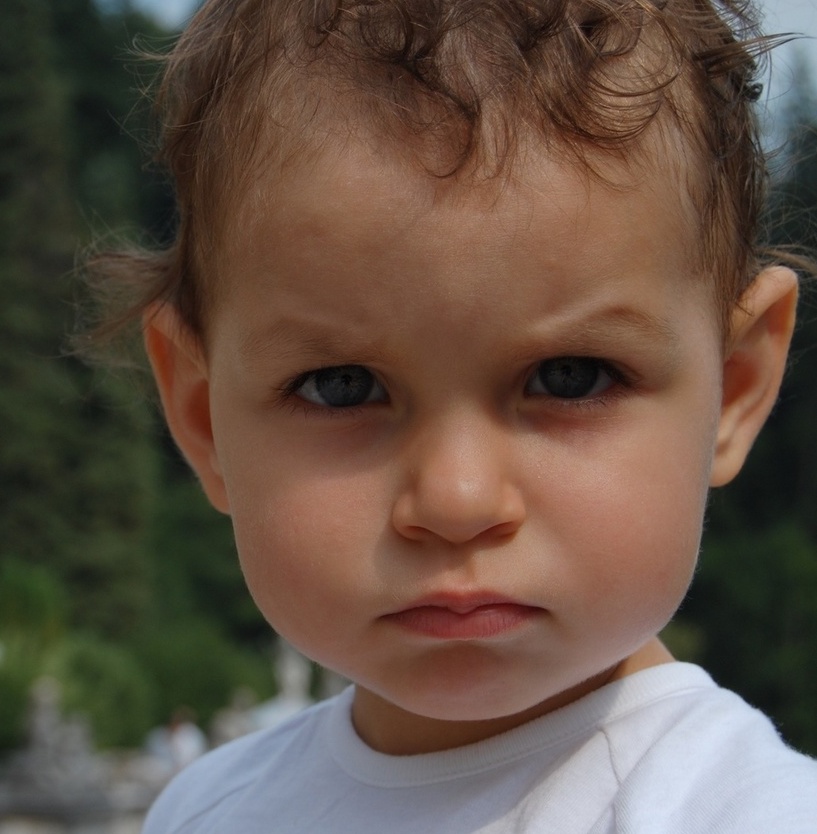
 Children born to women with polycystic ovary syndrome (PCOS) may be at higher risk for anxiety, attention-deficit/hyperactivity disorder (ADHD), and behavioral problems, compared to children whose mothers do not have the infertility disorder, according to National Institutes of Health researchers.
Children born to women with polycystic ovary syndrome (PCOS) may be at higher risk for anxiety, attention-deficit/hyperactivity disorder (ADHD), and behavioral problems, compared to children whose mothers do not have the infertility disorder, according to National Institutes of Health researchers. 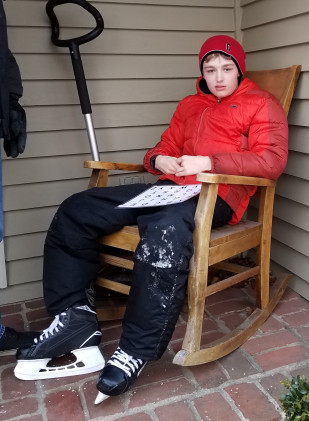
 A few years ago, Mitchell Robins wasn’t able to tell anyone precisely what he was thinking. He lost the ability to speak when he was 4 and relied primarily on a system of pictures and limited sign language to tell his parents and caregivers what he wanted to eat or when he felt sick or how he wanted to spend his time. Then his parents realized he could spell.
A few years ago, Mitchell Robins wasn’t able to tell anyone precisely what he was thinking. He lost the ability to speak when he was 4 and relied primarily on a system of pictures and limited sign language to tell his parents and caregivers what he wanted to eat or when he felt sick or how he wanted to spend his time. Then his parents realized he could spell.

